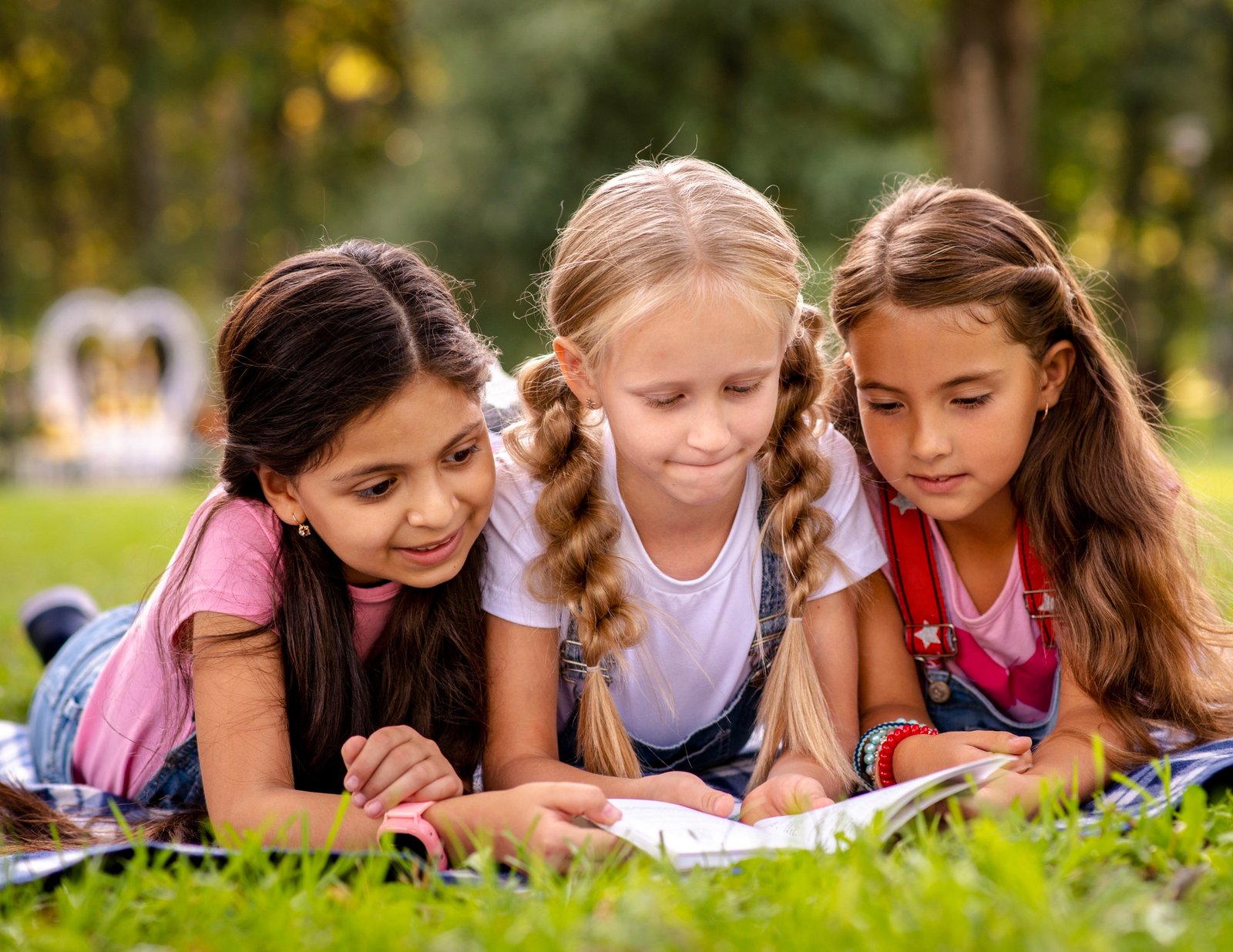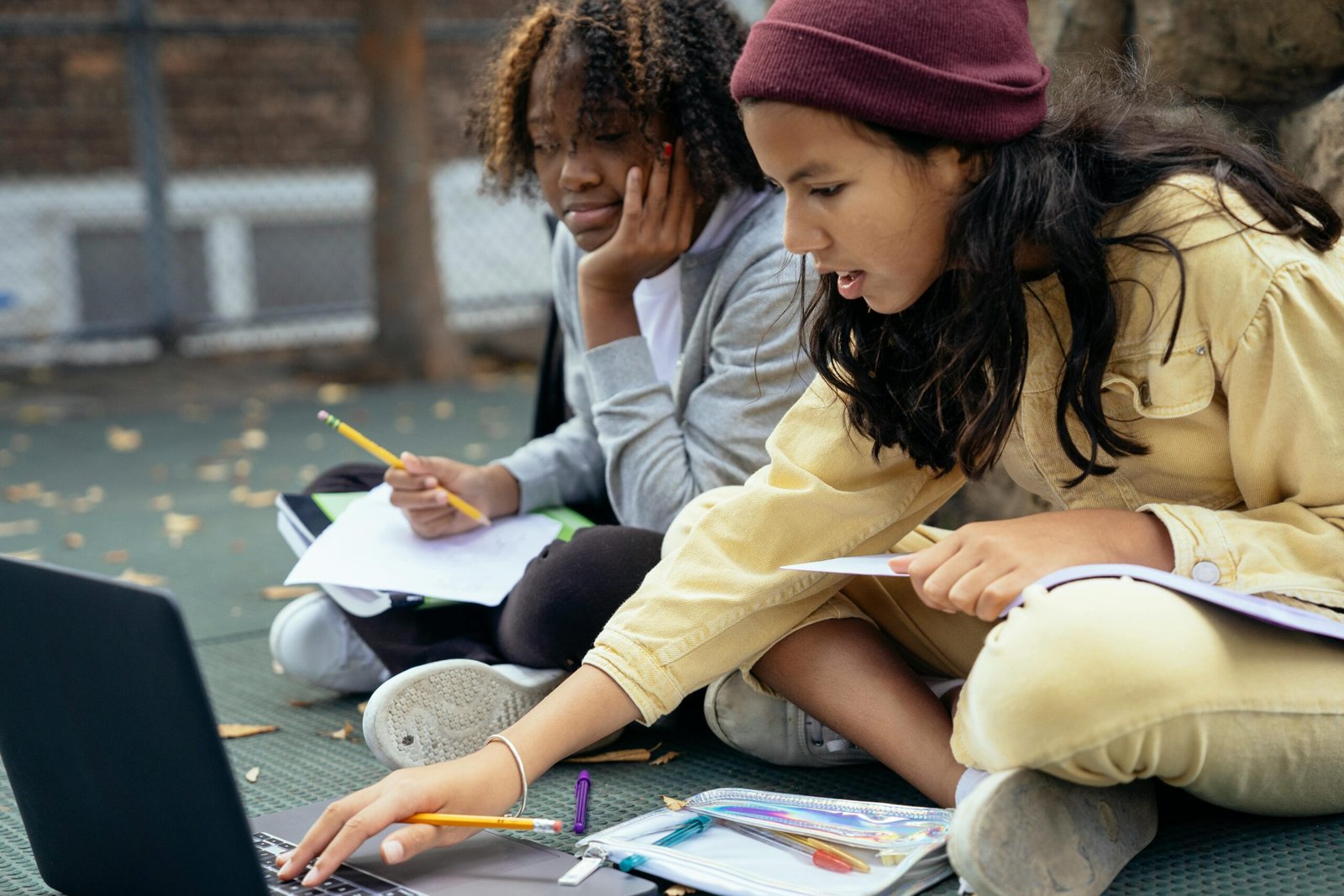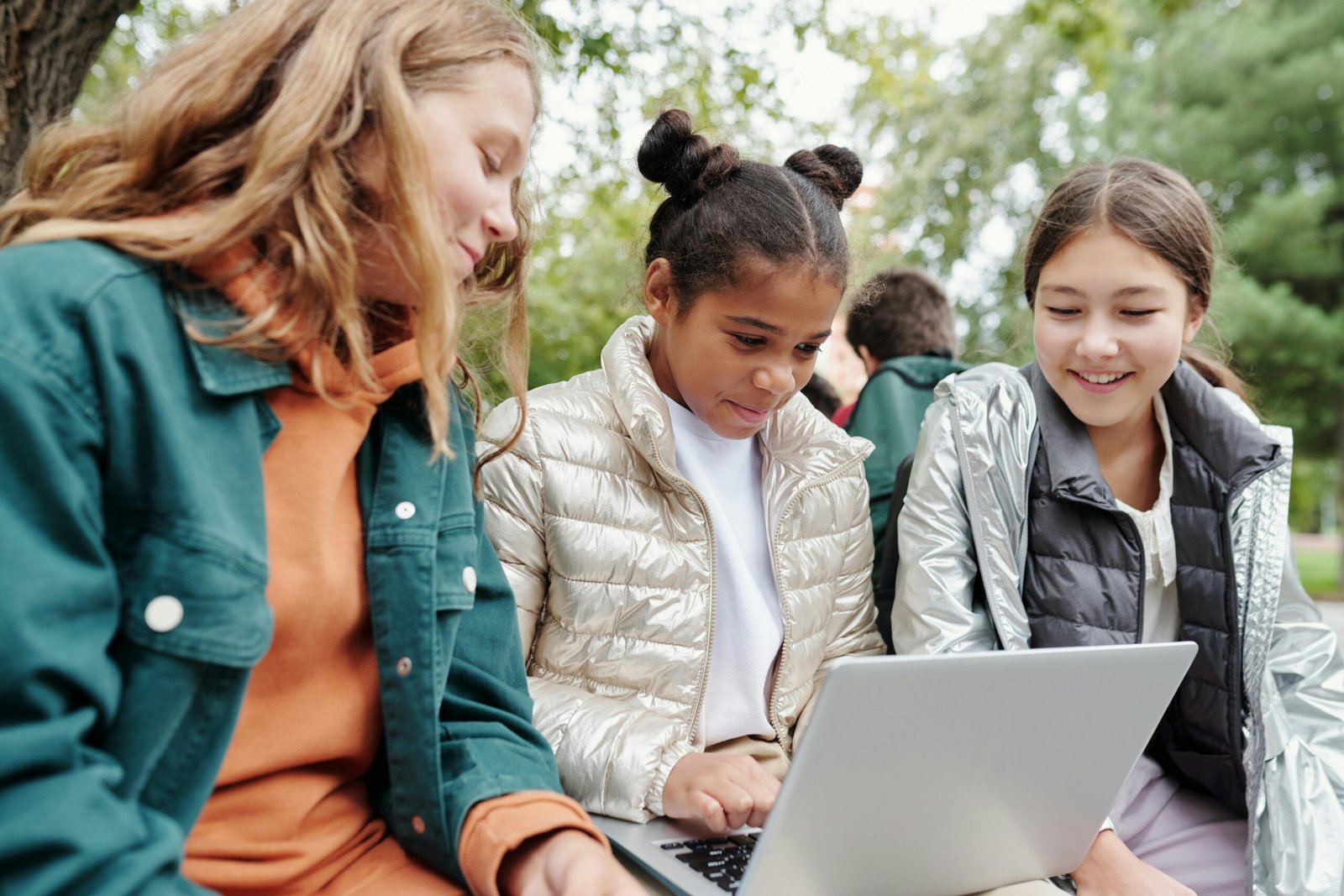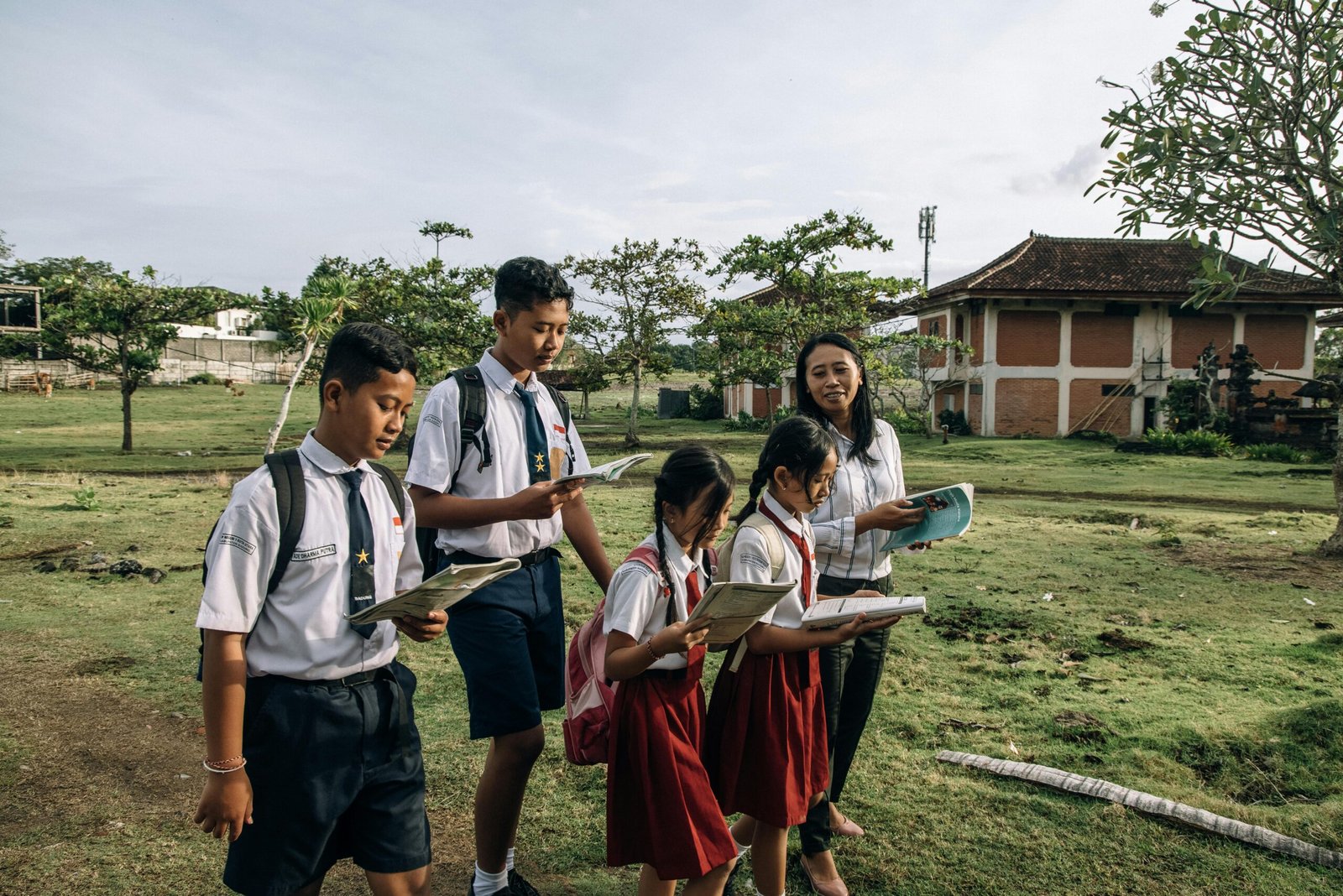
Education Outside the Classroom (EOTC) is an integral and distinctive aspect of the New Zealand education system that offers students valuable opportunities to learn beyond the traditional classroom setting. EOTC is guided by the principles of the New Zealand Curriculum and Te Marautanga o Aotearoa, which emphasize student-centered learning, holistic development, and engaging with the local community and environment. This approach to education outdoors recognizes that learning is not confined to textbooks and classrooms; rather, it extends to real-world experiences that enhance students’ skills, knowledge, values, and personal growth.
One of the key features of EOTC is its broad scope, encompassing a wide range of activities that take students beyond the school premises. These activities include field trips to museums, nature reserves, cultural sites, and historical landmarks, as well as outdoor adventures like hiking, kayaking, and camping. These experiences are designed to be both educational and enjoyable, fostering a sense of wonder and curiosity among students while offering unique learning opportunities.
EOTC contributes significantly to students’ holistic development by cultivating their key competencies. The New Zealand Curriculum identifies five key competencies: thinking, using language, symbols, and texts, managing self, relating to others, and participating and contributing. EOTC experiences provide a fertile ground for students to develop and apply these competencies. For instance, participating in outdoor activities encourages critical thinking, problem-solving, and decision-making. Engaging with peers and instructors in unfamiliar settings nurtures effective communication and collaboration skills, fostering better relationships and understanding among students.
Furthermore, EOTC encourages students to connect with their local environment and community. This connection promotes a sense of place and belonging, helping students appreciate the cultural, historical, and natural significance of their surroundings. As students explore their communities, they develop a deeper understanding of their responsibilities as citizens, contributing to the well-being and sustainability of their society.
One of the significant benefits of EOTC is its ability to make learning more relevant and meaningful for students. By connecting academic concepts to real-life situations, EOTC experiences enable students to see the practical applications of what they learn in the classroom. This hands-on learning approach enhances comprehension and retention of knowledge and stimulates curiosity and inquiry.
EOTC also fosters the development of values and attitudes that are essential for responsible citizenship and lifelong learning. Through EOTC activities, students are exposed to different cultures, perspectives, and values, encouraging empathy, respect, and open-mindedness. They learn to appreciate diversity, equity, and social justice, laying the foundation for a more inclusive society.
Moreover, EOTC experiences provide students with opportunities to challenge themselves and step out of their comfort zones. Overcoming obstacles and trying new things in unfamiliar environments build self-confidence, resilience, and a growth mindset. Whether it’s conquering physical challenges during an outdoor adventure or presenting findings from a field trip to their peers, students develop a sense of accomplishment that translates into other aspects of their lives.


In conclusion, Education Outside the Classroom is a powerful and enriching approach to education in New Zealand that offers students a wide range of benefits. By connecting classroom learning to real-world experiences, EOTC enhances students’ holistic development, fosters key competencies, and promotes values such as empathy, respect, and resilience. Through EOTC activities, students develop a deeper appreciation for their environment, community, and culture, laying the groundwork for active and engaged citizenship. EOTC exemplifies the New Zealand education system’s commitment to providing meaningful and impactful learning experiences that prepare students for a dynamic and diverse world.
Education Outside the Classroom (EOTC) is a vital aspect of the learning experience in New Zealand. At Social Nature Movement, we offer a variety of EOTC programmes that align with the New Zealand Curriculum and Te Marautanga o Aotearoa. Our aim is to provide students with opportunities to engage in learning activities outside traditional classrooms, encouraging them to connect with their environment and apply their knowledge in real-world contexts.
Our EOTC activities include field trips to museums, nature reserves, cultural sites, and historical landmarks, along with outdoor adventures such as hiking, kayaking, and camping. These experiences are designed to promote critical thinking, problem-solving, and communication skills among students. We also offer specialised programmes like the One Day Nature School, which immerses primary school-aged children in nature-based learning, and Curriculum Field Trips that enhance subject understanding through hands-on experiences.


We also facilitate the Duke of Edinburgh’s Hillary Award, which guides young people through adventures that build life skills and resilience. All our programmes are led by experienced professionals dedicated to creating safe and engaging outdoor experiences that support personal growth and a strong connection to nature. With Social Nature Movement, learning continues beyond the classroom, fostering a love for the outdoors and a commitment to lifelong learning.
Students from a coastal school embark on a marine biology field trip to a nearby beach or marine reserve. Guided by marine experts, they explore tide pools, collect water samples, and study local marine life. This hands-on experience allows them to apply classroom knowledge in a real-world context, learning about marine ecosystems, biodiversity, and conservation efforts.
A history class visits a local historical site, such as a heritage village or museum. Students immerse themselves in the past by interacting with artifacts, reenacting historical events, and hearing stories from knowledgeable guides. This experience deepens their understanding of New Zealand’s history, culture, and heritage.
Students participate in an outdoor adventure camp in a national park. They engage in activities like hiking, rock climbing, and team-building exercises. This experience not only promotes physical fitness and outdoor skills but also teaches resilience, problem-solving, and collaboration.
Students spend a day at a marae (Maori meeting place) as part of a cultural immersion program. They learn about Maori customs, traditions, and protocols from local community members. This experience fosters cultural awareness, respect for indigenous perspectives, and an understanding of New Zealand’s bicultural heritage.
A science class visits geologically significant locations, such as active volcanic sites or geological formations. Students observe natural phenomena like geysers and hot springs, collecting data and analyzing rock formations. This firsthand encounter with Earth’s processes enhances their understanding of geology and natural hazards.
An agricultural studies class visits a sustainable farm to learn about modern farming practices, animal welfare, and environmental sustainability. Students engage in activities like planting crops, feeding animals, and understanding irrigation systems. This experience connects classroom learning with real-world applications of agricultural science.
Students collaborate with local conservation organizations to participate in environmental restoration projects, such as tree planting or stream cleanups. This hands-on conservation work emphasizes the importance of environmental stewardship and community involvement.
An art class visits an art gallery or sculpture park to study various forms of visual art. Students analyze artworks, discuss artistic techniques, and gain inspiration for their own creations. This experience broadens their artistic perspectives and creativity.
Students participate in a business and enterprise fair, where they create and run their own small businesses. They develop business plans, create products or services, and interact with customers. This practical experience teaches entrepreneurship, financial literacy, and problem-solving.
A photography class attends an outdoor photography workshop in a scenic location. Students learn about composition, lighting, and framing while capturing natural landscapes. This experience hones their photography skills and encourages artistic expression.
These examples illustrate the diverse range of Education Outside the Classroom experiences in New Zealand. These activities not only enrich students’ academic knowledge but also contribute to their personal growth, cultural awareness, and practical skills, aligning with the holistic and student-centered approach of the New Zealand education system.
Education Outside the Classroom (EOTC) is an integral and distinctive aspect of the New Zealand education system that offers students valuable opportunities to learn beyond the traditional classroom setting. EOTC is guided by the principles of the New Zealand Curriculum and Te Marautanga o Aotearoa, which emphasize student-centered learning, holistic development, and engaging with the local community and environment. This approach to education outdoors recognizes that learning is not confined to textbooks and classrooms; rather, it extends to real-world experiences that enhance students’ skills, knowledge, values, and personal growth.
One of the key features of EOTC is its broad scope, encompassing a wide range of activities that take students beyond the school premises. These activities include field trips to museums, nature reserves, cultural sites, and historical landmarks, as well as outdoor adventures like hiking, kayaking, and camping. These experiences are designed to be both educational and enjoyable, fostering a sense of wonder and curiosity among students while offering unique learning opportunities.
EOTC contributes significantly to students’ holistic development by cultivating their key competencies. The New Zealand Curriculum identifies five key competencies: thinking, using language, symbols, and texts, managing self, relating to others, and participating and contributing. EOTC experiences provide a fertile ground for students to develop and apply these competencies. For instance, participating in outdoor activities encourages critical thinking, problem-solving, and decision-making. Engaging with peers and instructors in unfamiliar settings nurtures effective communication and collaboration skills, fostering better relationships and understanding among students.
Furthermore, EOTC encourages students to connect with their local environment and community. This connection promotes a sense of place and belonging, helping students appreciate the cultural, historical, and natural significance of their surroundings. As students explore their communities, they develop a deeper understanding of their responsibilities as citizens, contributing to the well-being and sustainability of their society.
One of the significant benefits of EOTC is its ability to make learning more relevant and meaningful for students. By connecting academic concepts to real-life situations, EOTC experiences enable students to see the practical applications of what they learn in the classroom. This hands-on learning approach enhances comprehension and retention of knowledge and stimulates curiosity and inquiry.
EOTC also fosters the development of values and attitudes that are essential for responsible citizenship and lifelong learning. Through EOTC activities, students are exposed to different cultures, perspectives, and values, encouraging empathy, respect, and open-mindedness. They learn to appreciate diversity, equity, and social justice, laying the foundation for a more inclusive society.
Moreover, EOTC experiences provide students with opportunities to challenge themselves and step out of their comfort zones. Overcoming obstacles and trying new things in unfamiliar environments build self-confidence, resilience, and a growth mindset. Whether it’s conquering physical challenges during an outdoor adventure or presenting findings from a field trip to their peers, students develop a sense of accomplishment that translates into other aspects of their lives.
In conclusion, Education Outside the Classroom is a powerful and enriching approach to education in New Zealand that offers students a wide range of benefits. By connecting classroom learning to real-world experiences, EOTC enhances students’ holistic development, fosters key competencies, and promotes values such as empathy, respect, and resilience. Through EOTC activities, students develop a deeper appreciation for their environment, community, and culture, laying the groundwork for active and engaged citizenship. EOTC exemplifies the New Zealand education system’s commitment to providing meaningful and impactful learning experiences that prepare students for a dynamic and diverse world.
Education Outside the Classroom (EOTC) is a vital aspect of the learning experience in New Zealand. At Social Nature Movement, we offer a variety of EOTC programmes that align with the New Zealand Curriculum and Te Marautanga o Aotearoa. Our aim is to provide students with opportunities to engage in learning activities outside traditional classrooms, encouraging them to connect with their environment and apply their knowledge in real-world contexts.
Our EOTC activities include field trips to museums, nature reserves, cultural sites, and historical landmarks, along with outdoor adventures such as hiking, kayaking, and camping. These experiences are designed to promote critical thinking, problem-solving, and communication skills among students. We also offer specialised programmes like the One Day Nature School, which immerses primary school-aged children in nature-based learning, and Curriculum Field Trips that enhance subject understanding through hands-on experiences.
We also facilitate the Duke of Edinburgh’s Hillary Award, which guides young people through adventures that build life skills and resilience. All our programmes are led by experienced professionals dedicated to creating safe and engaging outdoor experiences that support personal growth and a strong connection to nature. With Social Nature Movement, learning continues beyond the classroom, fostering a love for the outdoors and a commitment to lifelong learning.
A history class visits a local historical site, such as a heritage village or museum. Students immerse themselves in the past by interacting with artifacts, reenacting historical events, and hearing stories from knowledgeable guides. This experience deepens their understanding of New Zealand’s history, culture, and heritage.
Students participate in a business and enterprise fair, where they create and run their own small businesses. They develop business plans, create products or services, and interact with customers. This practical experience teaches entrepreneurship, financial literacy, and problem-solving.